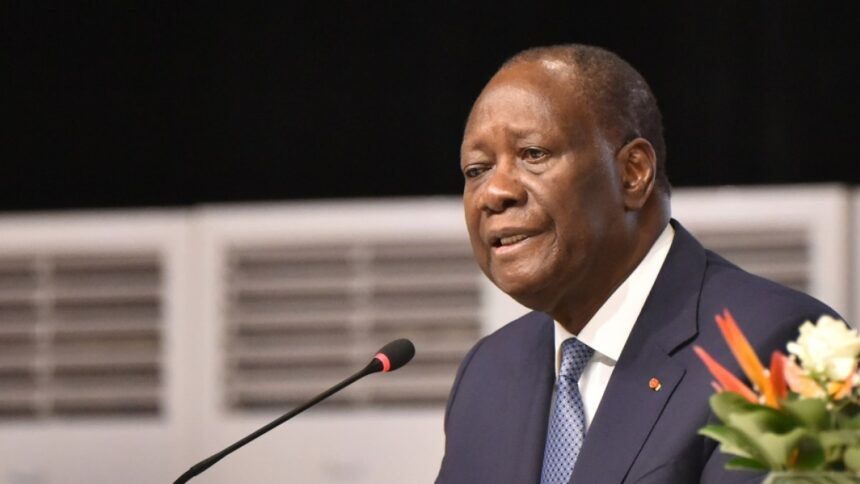Ivory Coast has recently announced that French troops will soon be leaving the country, marking a significant shift in military ties between the two nations. President Alassane Ouattara shared in a year-end address that the 43rd BIMA marine infantry battalion in Abidjan, where French troops have been stationed, will be handed over to the Ivory Coast armed forces by January 2025. This decision reflects the modernization and strengthening of the Ivorian military.
France, which formerly held colonial power in West Africa until the 1960s, currently has around 1,000 soldiers in Ivory Coast. This move follows similar actions taken by other West African countries, such as Mali, Burkina Faso, and Niger, who have also expelled French troops. Senegal and Chad recently announced the departure of French soldiers from their territories as well.
The return of a military base in Chad on December 26 marked the end of French troops’ presence in the Sahel region. While Ivory Coast remains an important ally of France, the reduction in military ties aligns with France’s shift towards a new military strategy that involves scaling back its permanent troop presence in Africa.
With France being removed from over 70% of African countries where it once had a military presence, only Djibouti and Gabon continue to host French troops. These changes suggest a broader shift in the region’s relationship with France, as African nations seek to diversify their partnerships and reduce dependency on former colonial powers.
As countries like Niger, Mali, and Burkina Faso turn to other nations like Russia for military support, it is evident that the dynamics of African-European partnerships are evolving. This shift reflects the growing desire for greater autonomy and sovereignty among African nations, as they navigate their post-colonial relationships with former colonial powers.










